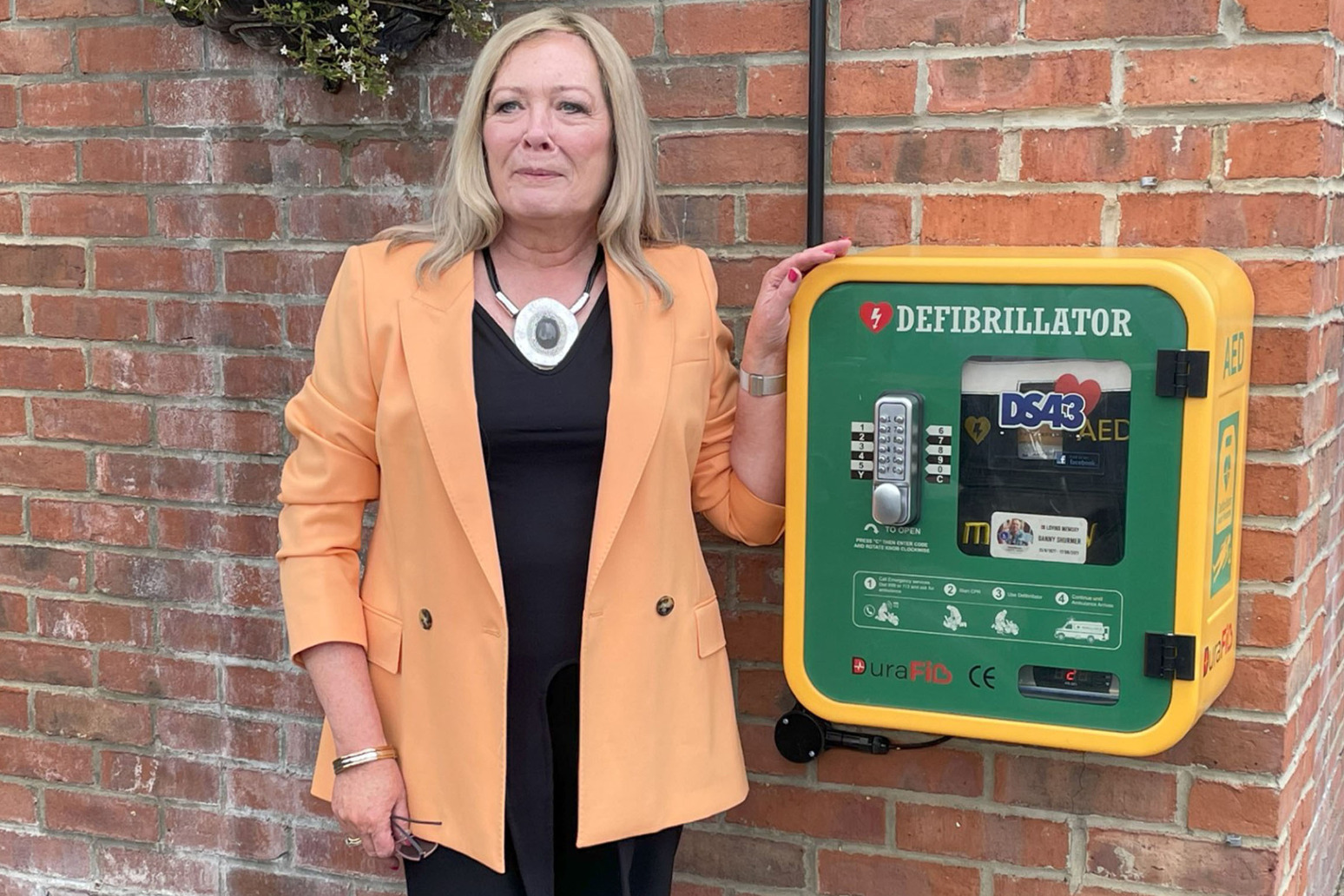
Campaigners have called for more equal access to defibrillators after research showed people in more deprived areas are further away from the life-saving equipment.
The British Heart Foundation calculated the median road distance to a defibrillator with unrestricted public access in 1.7 million postcodes across England, Scotland and Wales.
Researchers said people living in the most deprived areas of Scotland are on average 317 metres further away from their nearest defibrillator than those in the least deprived areas.
In England, people living in the most deprived areas are on average 99 metres further away from their nearest 24/7 defibrillator.
The study – published in the journal Heart and presented on Monday at the European Society of Cardiology Congress in Amsterdam – found Scotland and England’s most deprived areas face an average round trip of 1.8 kilometres to their closest 24/7 accessible defibrillator.
On average, a public access defibrillator is 726 metres away from the centre of any given postcode along the road network across England, Scotland and Wales.
The British Heart Foundation said quick access to the equipment which can aid cardiac arrest victims at any time of the day is “crucial”.
Every minute of delay between a cardiac arrest and defibrillation reduces the chance of survival by up to 10%, the charity said.
Pam Shurmer and her husband Bill, from Hartlepool, lost their son Danny Shurmer to cardiac arrest in 2021.
Mrs Shurmer is the patient and public involvement co-author of the research, which she said she “strongly supported”.
The couple campaign and fundraise for strategically-placed defibrillators across Hartlepool.
Mrs Shurmer said: “I would never want any parent to go through the loss that we went through when Danny passed away.
“He had no previous health issues and was a talented sportsman, so a cardiac arrest can happen to anyone.
“The charity is doing all it can to improve access to defibrillators across Hartlepool and we want anyone who has a cardiac arrest to have the best chance of survival.
“I proudly support this research that highlights just how far the nearest defibrillator is and how unequal the access is. Hopefully this leads to better access to these lifesaving devices.”
Dr Chris Wilkinson, senior lecturer in cardiology at Hull York Medical School and honorary consultant cardiologist, who led the research, said: “By calculating how far every postcode in Great Britain is from its nearest defibrillator, we’ve shown just how much deprivation levels affect the public’s access to these lifesaving devices out-of-hours in England and Scotland.
“Making existing defibrillators accessible to the public 24/7 would make a big difference to the average distances people need to travel in an out-of-hours emergency and would improve equality of access – which can help save lives.”
Adam Greenwood, community engagement manager for St John Ambulance, said: “Across the country, St John volunteers see the lifesaving impact defibrillators make, daily, but as it stands our latest research found 47% of people still don’t know where to find their nearest defibrillator.
“More work is needed to help increase cardiac survival rates and access to defibrillators, especially in deprived communities. These devices are simple and easy to use, and everyone should have equal access to them.
“Our community advocates do great work supporting people locally by helping them identify where their nearest devices are and equipping them with the confidence to use one in an emergency.
“But I’d urge everyone to keep themselves and loved ones safe by learning lifesaving skills, so you could help save a life one day.”
Published: by Radio NewsHub


